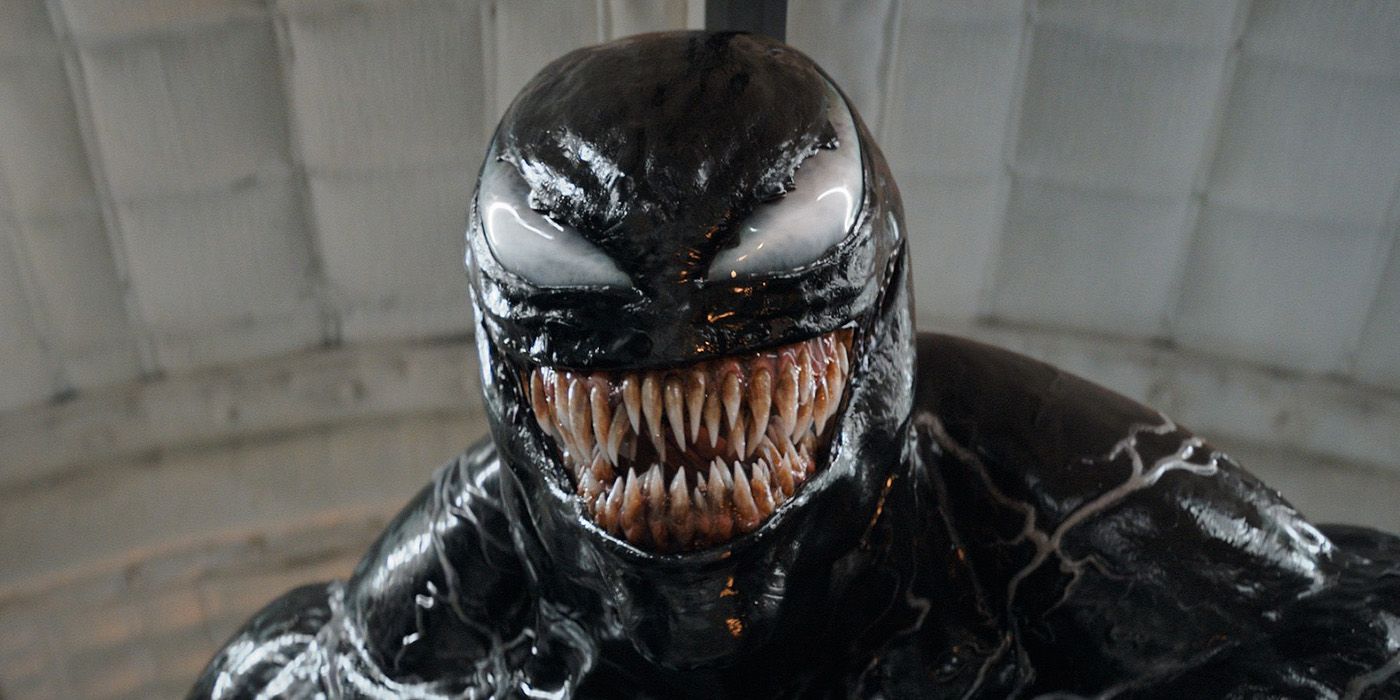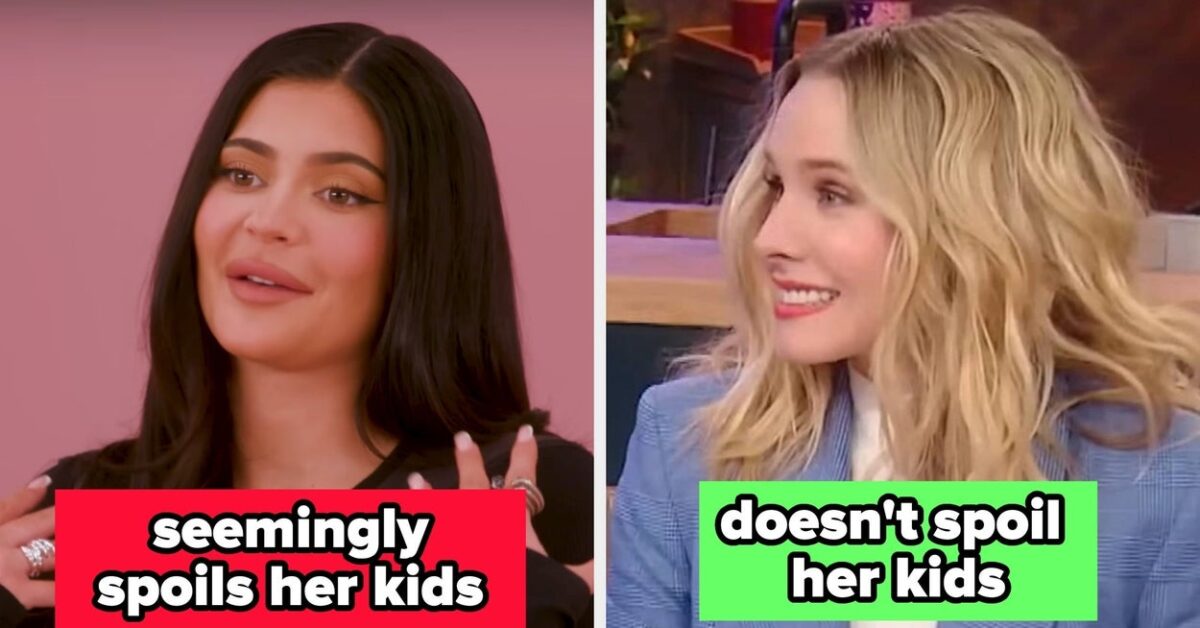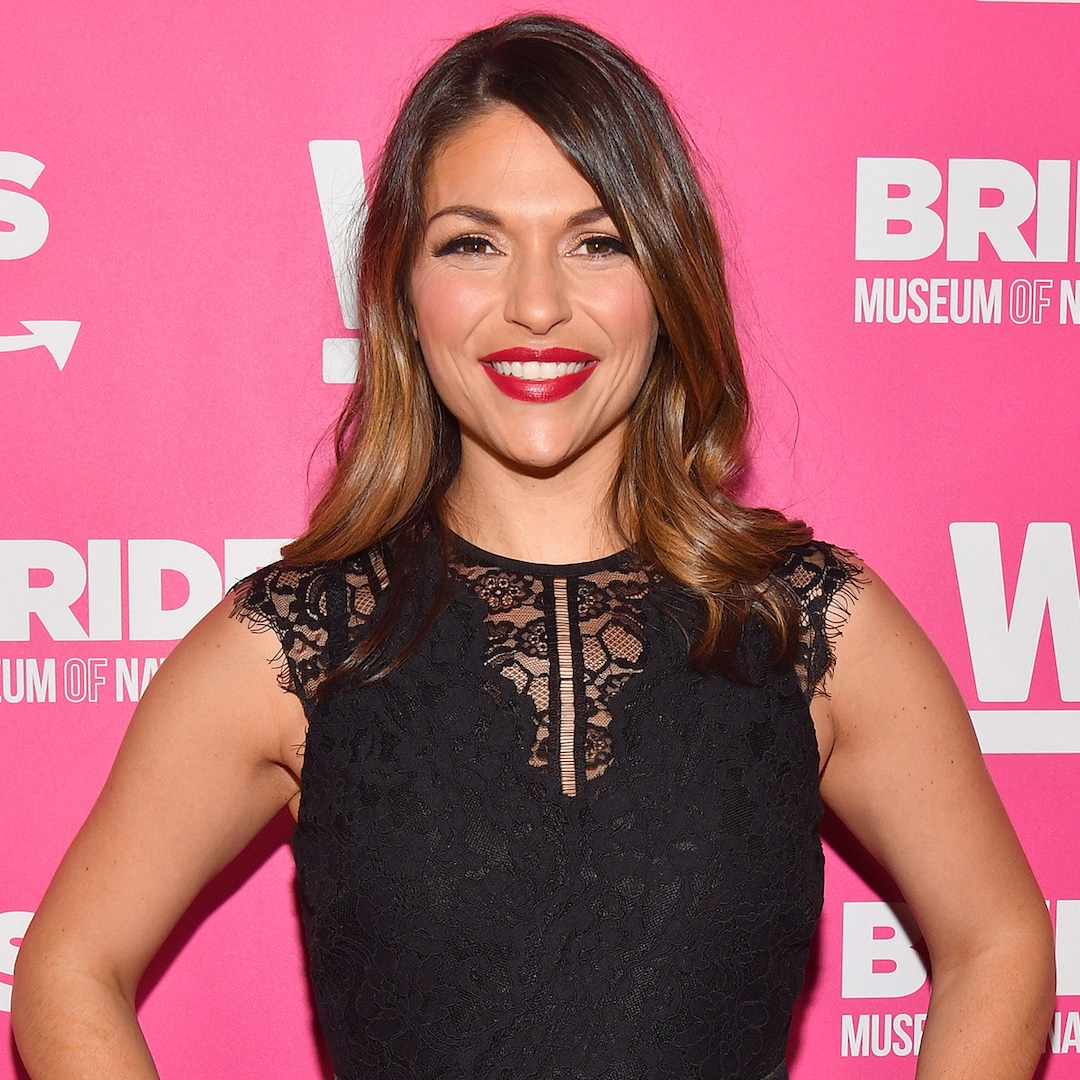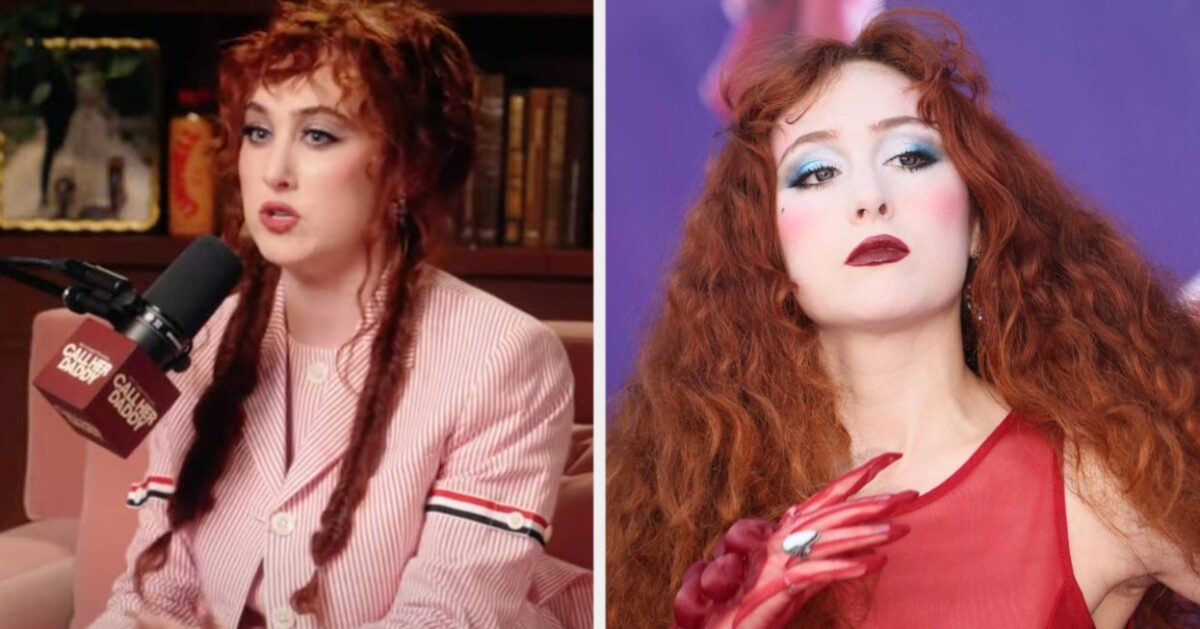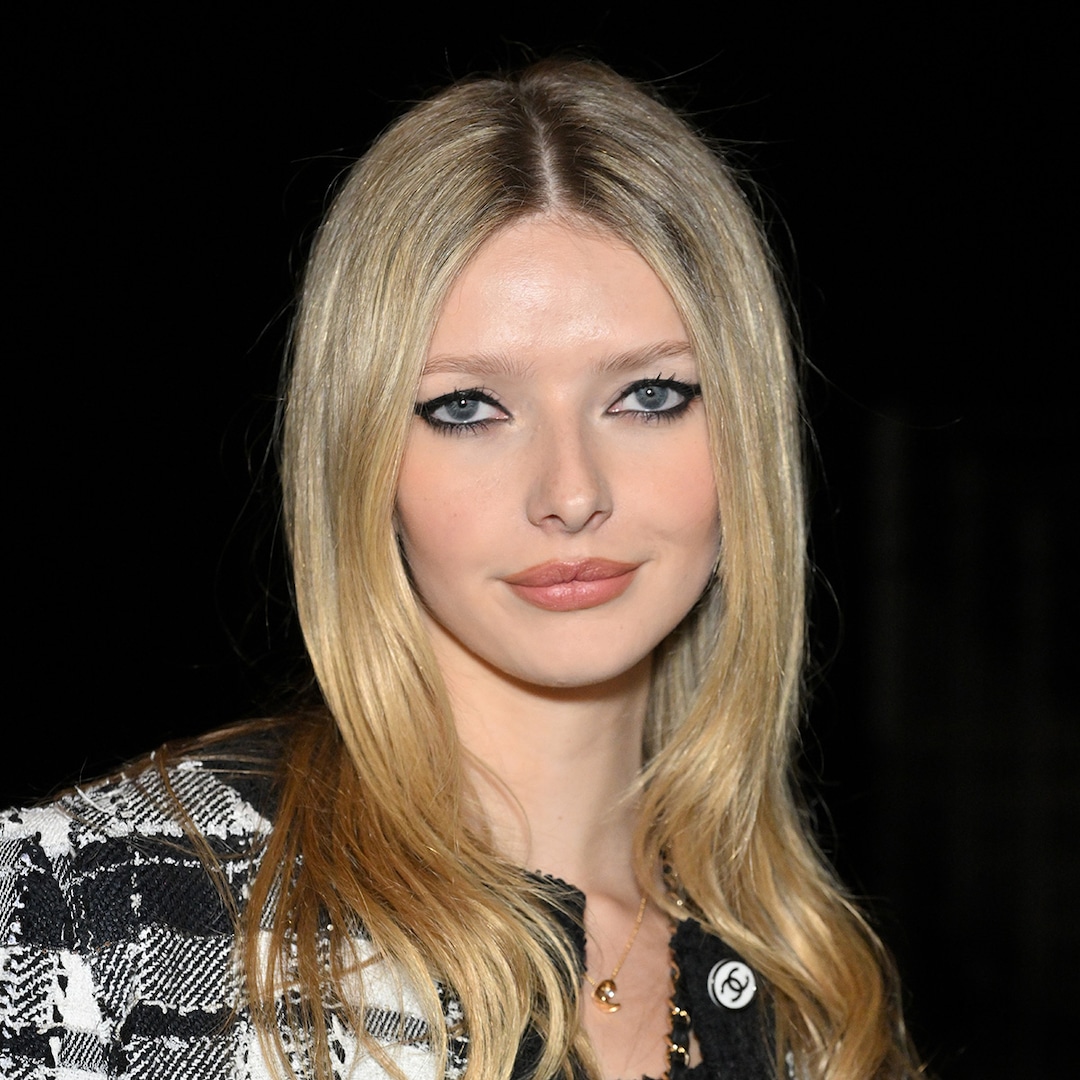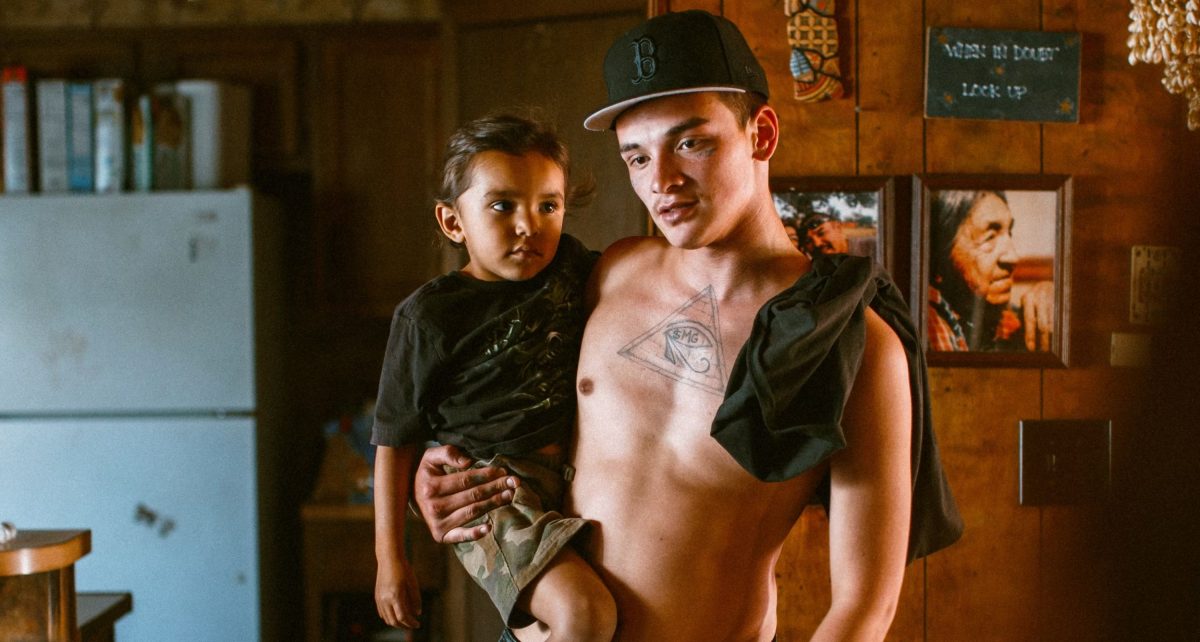
‘War Pony’ Creatives on Telling an Authentic Indigenous Story
Aug 9, 2023
The Big Picture
It took a lot of effort to bring the indie film War Pony to life, but the filmmakers were determined to tell an authentic story about Oglala Lakota men and their struggles on the Pine Ridge Reservation. The filmmakers faced challenges in getting the film made, as indigenous stories are often not seen as marketable. However, they had the support of directors Riley Keough and Gina Gammell, who believed in the importance of showcasing diverse stories. The cast of War Pony, many of whom had no previous acting experience, embraced their roles and the opportunity to represent their community. The filmmakers were grateful for the collaborative and supportive environment that allowed their voices to be heard.
From directors Riley Keough and Gina Gammell, and written in collaboration with Franklin Sioux Bob and Bill Reddy, the indie drama War Pony tells the stories of two young Oglala Lakota men, Bill (Jojo Bapteise Whiting), a 23-year-old with an ambition for something more, and Matho (LaDainian Crazy Thunder), a 12-year-old determined to live in the adult world. On the Pine Ridge Reservation, harsh realities and a lack of opportunity can influence decisions made, in regard to one’s identity and one’s family.
During this interview with Collider, Sioux Bob and producer Willi White talked about their journey to getting this film made, telling such a personal and authentic story, how this started with a friendship formed with Keough and Gammell, the importance of showing this world and its people through a proper lens, collaborating with the cast, finding their voices as storytellers, and how personally they were affected by this experience.
Collider: It takes a lot to get a film like this made, from the development process, to getting financing, to shaping it into the finished product. There is an inherent authenticity to stories about Natives when Natives tell them, from the writing to the acting, which is tremendously important. What does it mean to you to have gotten this film made and to be able to have audiences connect with it?
FRANK SIOUX BOB: It’s real anxiety, just because it showcases very real situations and very real lifestyles and very real stories. How do you put that on screen without making people feel some type of way? We did it, and to even get to this point is real anxiety for me. While you live through it, you don’t think much of it. You smile and you laugh through all the trauma because you don’t know any other way, but to laugh through it. That’s what you’re taught. But in retrospect, it’s very surreal. It’s like, “Damn, you guys literally lived through all that, and you’re still here? That’s your everyday reality? You live like that, every single day.” But that’s what it is. It’s really just big anxiety for me. I never thought anyone else would see this lifestyle that we’ve lived and have had to go through, and that people continue to go through. Just being a regular ass person with my name all over it is surreal. I knew I was capable of storytelling, but to this extent, it’s a trip.
WILLI WHITE: For me, as someone who’s been on this filmmaking journey since I was a kid, coming from this community, there’s such a nuance to indigeneity. Up until Reservation Dogs, people in this country didn’t even know. There are studies that organizations have done that showcase that a huge vast majority of audiences don’t know that Natives still exist today Stories like this are so important because they open up and show that we are not a monolith. There is diversity in indigenous cultures in this country and our stories are vastly different. I grew up on the rez, which is the same rez that Frank’s from. My trajectory in my life has been different, but I’ve had relatives that have lived the stories of these boys and these kids in this film, so it’s important that these stories are told. It was definitely a journey for it to be made. Stories like this aren’t often seen as marketable. It’s a Native story, so is there an audience for that? And then, you have two women directors. Not only are they not Native, but they’re also women, so there were those layers of challenges. Riley [Keough] and Gina [Gammell] have spoken about the challenge of seeing peers who were men making their first future and getting more money. So, there are all these layers to all these obstacles. A lot of people said, “I don’t know if that’s gonna be made.” But to be here today, and for our team to have pushed through and continued, and to see Riley and Gina continue to push for this, that’s huge. As Native filmmakers, we need those kinds of allies and those kinds of people who conspire with us to say, “Hey, these stories are really important. These voices need to be heard. For me, that’s what resonates the most about this experience.
Image via Momentum Pictures
Do you feel even more assured in your own voices as storytellers when you have directors who have people telling them they should add a white person somewhere or change the tone, but they said no to all of those suggestions? Did you feel very supported in your voice and with the vision of a story like this?
SIOUX BOB: If it didn’t sound like it was coming from a Native, or it didn’t look like it was showcased from Natives, then I didn’t really want to be a part of it. That’s just straight black and white, and I told him that, from the beginning. We’ve seen all the films that have done that, and I didn’t want any part of that. That was pretty clear-cut, from the beginning.
WHITE: Yeah. I’ve always advocated, because I live here and I’ve been in this film space, so I understand it to the extent of seeing other film projects come in and be really extractive, whether it’s some documentary here or some news story here, and there was never a reciprocity in the experience. And so, coming into this project, from the beginning with Riley and Gina, it wasn’t about making a movie. A friendship started, and that really shaped the experience. We know Riley is an actor and where she comes from, and she has a platform and a position to really advocate and push. For her to come into this community and build those relationships and really listen and really believe in these powerful stories, we need more people like that, to do that. It also shows that, yes, of course, our stories are really strong. Given the chance married and given the space to be here, they can go really far You can see that with the success of Reservation Dogs or Rutherford Falls. Our stories can really garner an audience and bring people in. Of course, we’ve been saying that, but it takes the right kind of human being to like see that. It makes you feel really good, as a storyteller, that people are starting to listen.
Frank, what was it like for you to go from creating this world on pages of a script, to then seeing it brought to life through each person in this cast and with each character?
SIOUX BOB: We didn’t have to create the world because the rez is already there. The people are already there. It was just a matter of putting the pieces together and showcasing it through a proper lens. This world exists. There are Natives in a lot of states. People just turn a blind eye or they just don’t even acknowledge it. It was more or less just finding the right pieces. The world and the people are authentic. You just needed to put the right pieces together because that is the rez. There’s a lot of talent on that rez, but just no opportunities. When this came along, it was really surreal. When you watch it, it feels like a rez-made film, but it’s really high quality. It’s the rez. To me, that’s the ultimate. You’ve got all the emotion and all the trauma, and even when it’s a fucked up situation, you’re still laughing for some reason. You don’t know why, but you were still laughing. That can’t be faked. That’s stuff we live through, or that’s experiences we know because our cousin went through it, our uncle went through it, or our father went through it. You couldn’t fake it. You just had to put the pieces together, and we did it.
Image via Momentum Pictures
Had any of this cast ever even seen or pictured themselves as actors? Had any of them ever envisioned that for themselves?
WHITE: I don’t think so. I grew up fighting for opportunity to do filmmaking. I had to figure it out on my own. Especially for a lot of these young ones, I remember that feeling of it just feeling so far removed from you. There’s no opportunity in the community, and there’s no theater. A lot of them really stumbled into this, not knowing if they could really do it. Now, seeing LaDainian [Crazy Thunder] leaning into really wanting to be an actor, or even Jojo [Bapteise Whiting], that shift has been really cool and really special for me, and a highlight of this whole experience.
Willi, what got you on the path of wanting to be a storyteller and getting behind telling stories like this?
WHITE: It really started when I was a kid. It was at the time when the first The Lord of the Rings film had come out, and I remember that experience in that theater. At the time, my parents were separating and that whole experience gave me an escapism that happened. I was just like, “I really wanna do this.” Of course, when you’re a 12-year-old kid, you don’t even know what that means, but it was something that I just kept at. I really wanted to do it because it really connected something in me, as a storyteller. Through that whole experience of learning how to film and hold a camera, learning to edit and, and just that whole journey up until now, being in this space and seeing the misrepresentation of indigenous stories in media and pop culture, or the lack of representation, has been really important for me to be able to be in this space to help figure out how to support stories like this and to really find the people who wanna invest in these kinds of stories, so that they are told. There’s such a power in our storytelling, especially for our young people. A lot of the kids don’t see themselves in these positions, but the more films we make about who we are, the more we can celebrate our existence as indigenous people. The more we can tell diverse stories about different parts of our communities, the good and the bad, and have conversations like that in our communities, so that we can create change, that’s why I’m here. I wanna see a bunch of Native created films on Netflix and see younger kids watch them. With how much pop culture influences our day to day lives, kids are so influenced by that, so the more we can inject our stories into those spaces and the more they can see themselves represented, there’s just this collective building of power for them to really shine and really find themselves and their identity. That, to me, is at the root of why I do what I do.
Image via Momentum Pictures
When you go on such a journey with a project like this, where it does take years, there’s a lot of development, you workshop it with the cast, and you go through everything that it took to get this movie made, it sounds like it’s not just making a movie, it’s more having a full life experience. How do you feel that this experience has changed you both, as storytellers and about yourselves?
WHITE: In a way, it spoiled me a little bit because there was this relationship building that happened that’s so unique, that you don’t often get on other projects. Sometimes you’re invited to be on these other projects, or someone recommends you and you get thrust into it and hit the ground running. That’s the experience I’ve had, time and time again, on other projects. That time for relationship building really wasn’t there. You’re doing it in real time, and that’s always a stumbling process. But with this, having had the years of building friendships, it then became, “Oh, we’re making a project with friends and a group of people that we’re building safety with.” That was a totally different experience because you become really close, in a way where you can be honest with each other and where there’s not gonna be a breakdown in the relationship. You’re opening that space up to have honest conversations, which oftentimes, no space is given to that in film. With film, a hierarchy can exist, where you’re in a specific craft, so you better stay in that craft, or at least that’s the perception, and we were able to break that down. Of course, there are all these different voices that can be at the table to really express their experiences. For me, that was a profound experience, as someone who really just thinks about life in a circle and that we’re all part of that circle, and we all step forward when we want to contribute. To implement that in the filmmaking process was life goals. It was about, “Let’s make this a collaborative experience versus one specific artist’s vision.” For me, that was an eye-opener, and I am really appreciative of that.
SIOUX BOB: One thing that it taught me, which I’ve always felt like I knew, but I had never seen it, was that my words hold weight and can carry weight. I’ve always had that self-doubt of not realizing how strong my words can be, so to see that into fruition, and to actually see a whole picture come out of my words was, I don’t even know the word [to describe it] because it was different. Me and Willi went to the same high school and we had a lot of volunteer teachers. Writing was always my favorite, but I had a lot of shitty English teachers that told me I wasn’t the greatest writer. They always told me that I wrote too personal. I even had that in college. They said, “You’re writing too personal. You need to make it in the formal format.” I just could never wrap my head around that. So, the fact that I got a film and it’s being showcased, I’m just glad I stayed true to believing in my words and how I carry myself and how I tell stories because I don’t know how to fake telling a story. I don’t know how to bullshit too well. I can, but I would rather speak from experience than lying. So, that was really eye-opening to me. My words carry weight. I always knew I was good with my words, but to actually do this was different. It was a long process, but I don’t think it would have come out the way it has, or impacted the way it has, if it had been completed in 2019. I feel like we needed to go through all those lived experiences, the ups the downs, for it to be what it is. We all learned together. We were all learning as we were going, and we created something magical. It’s different to look back on that.
Image via Momentum Pictures
Now that you know what you’re capable of with your words, do you want to keep telling stories? Do you want to write another script? Have you thought about how you’d like to continue using your words?
SIOUX BOB: I also make rap music. I do hip-hop, so I have a lot of other stories going on over there, too. That’s another world. But I would definitely love to continue writing. We were spoiled with this process because it was so collaborative. I would definitely like to be part of something more. This was definitely a once in a lifetime kind of project, and I’m just happy that I was a part of it, to be honest.
War Pony is in theaters and on-demand.
Publisher: Source link
27 Celebrity Parents Who Spoil Their Kids Or Refuse To
27 Celebrity Parents Who Spoil Their Kids Or Refuse To Many parents value providing a better life for their kids than they had growing up. However, when those parents are rich and famous, it can be easy to indulge them.…
Apr 4, 2025
Bachelorette’s DeAnna Pappas Breaks Silence on Her Arrest
Jenn Tran & Devin StraderStatus: Split During the season 21 finale of The Bachelorette, it looked like The Bachelor alum Jenn Tran was finally getting her happy ending with her final pick Devin Strader. But Jenn, 26, revealed on…
Apr 4, 2025
People Are Coming For Chappell Roan After She Said Pop Stars Shouldn't Have To Be Political Experts
Chappell argued it's "impossible" for pop stars to stay in the know.View Entire Post › Disclaimer: This story is auto-aggregated by a computer program and has not been created or edited by filmibee.Publisher: Source link
Apr 3, 2025
Gwyneth Paltrow, Chris Martin’s Daughter Apple’s College Major
Gwyneth Paltrow’s Daughter Apple Martin Addresses “Really Upsetting” Criticism in Rare InterviewYou won’t want to object to Apple Martin rare insight into her college life. Gwyneth Paltrow and Chris Martin’s 20-year-old daughter revealed what she is studying at Vanderbilt University—and…
Apr 3, 2025

